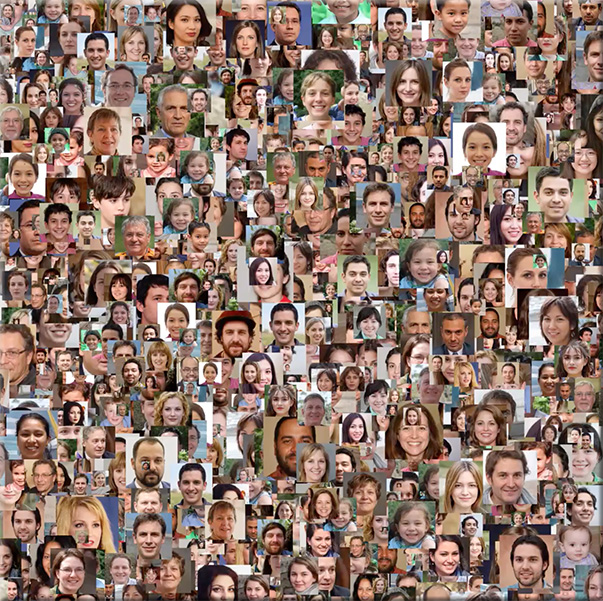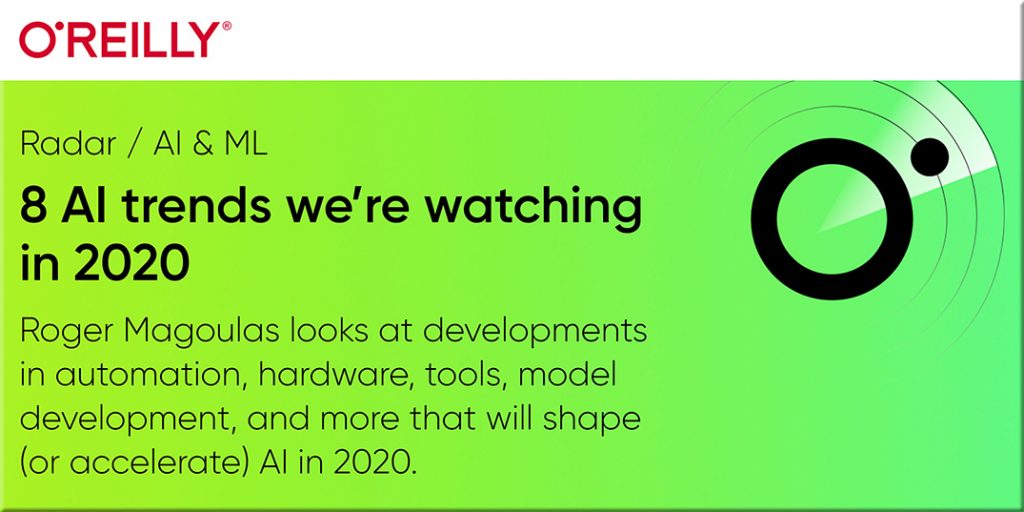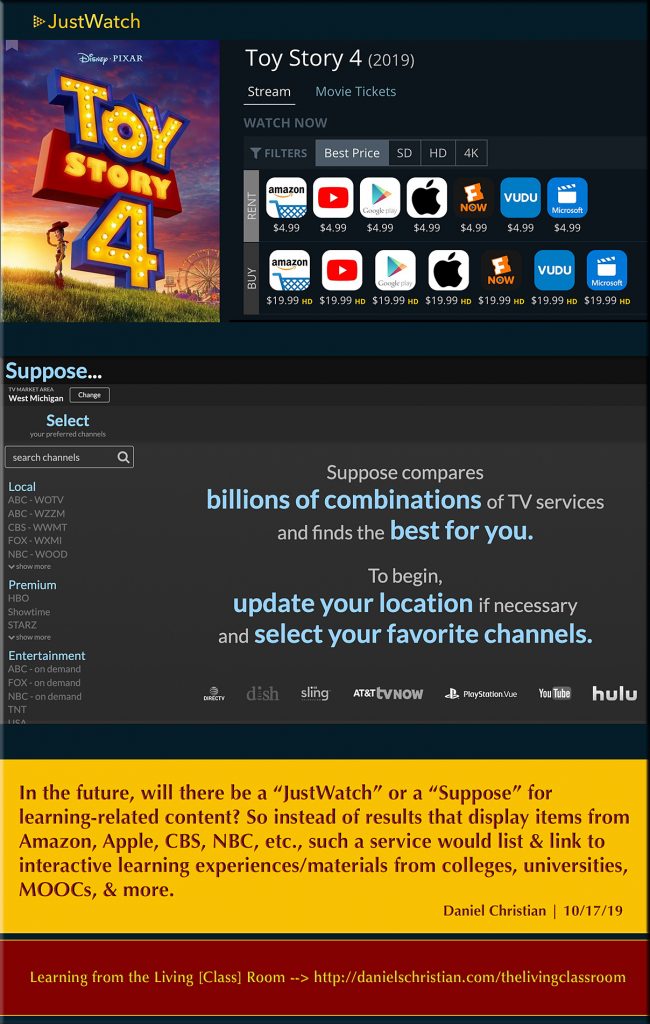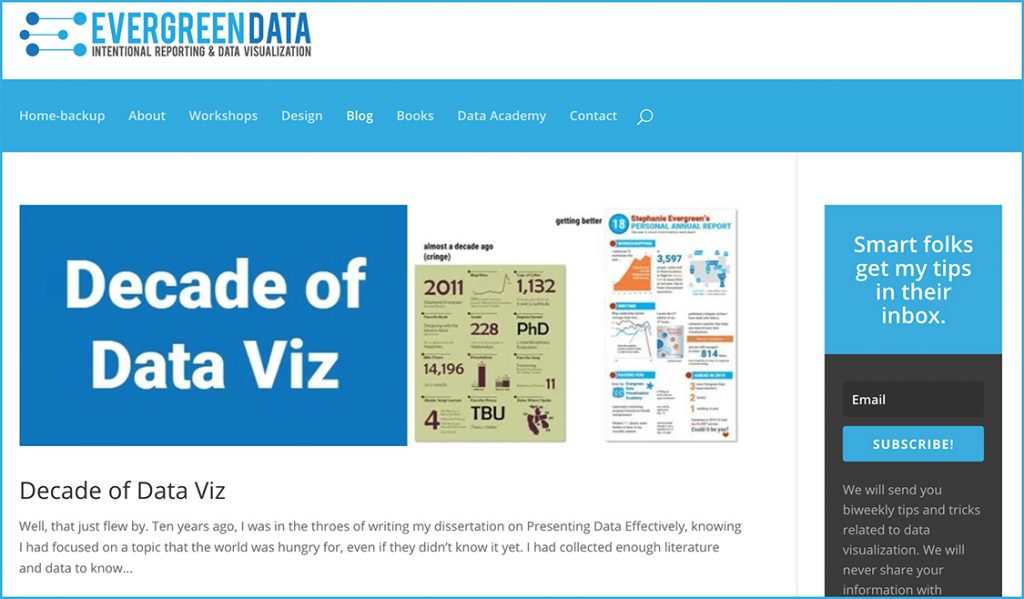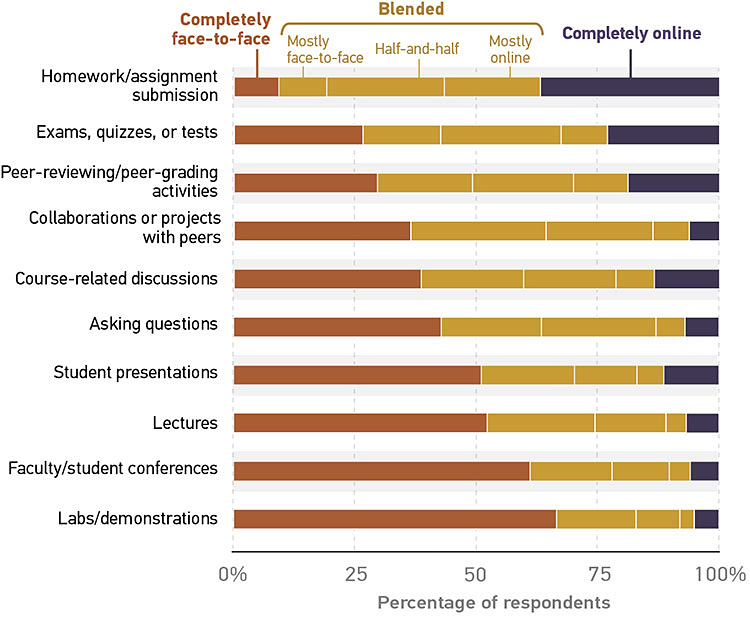Discovering millions of datasets on the web — from blog.google
Excerpt:
Across the web, there are millions of datasets about nearly any subject that interests you. If you’re looking to buy a puppy, you could find datasets compiling complaints of puppy buyers or studies on puppy cognition. Or if you like skiing, you could find data on revenue of ski resorts or injury rates and participation numbers. Dataset Search has indexed almost 25 million of these datasets, giving you a single place to search for datasets and find links to where the data is. Over the past year, people have tried it out and provided feedback, and now Dataset Search is officially out of beta.
Also see:
- This is how you put the data in Data Science! — from towardsdatascience.com by Cassie Kozyrkov
Data Science has evolved. These 20 million datasets are proof.
One of my favorite recent additions to the Google Search family is Dataset Search. Yes, you heard that right. You can search for datasets just like you can search for images!









